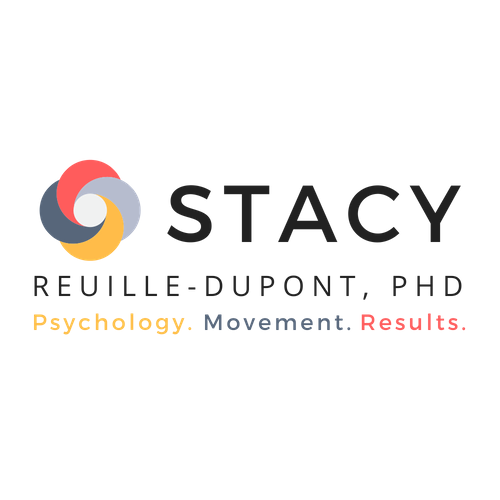
We all have experiences in our past that hurt and caused us pain. If you are dealing with relationship issues, grief, loss, trauma, addiction or just the sense that something is missing, therapy can help.
By taking a closer look at our past learning, family systems, experiences, our perception of ourselves and our current view of our life, we gain a deeper understanding of who we are. This is the launching pad for who we want to become. We learn that we are good enough as we are and yet, there is room to grow. Both are true and do not negate each other.
Many people fear that therapy will dredge up the bad stuff from their past. There are various therapy techniques that can help heal the past without opening up old wounds. Often we can help heal brain injuries (which include emotional injuries) by creating what are known as “corrective experiences”. These new experiences help build the brain and shape the creation of the life you want, not just the one you were handed. The video below shows scans of common mental health disorders and helps put psychological help in perspective of the physical body which is where all experiences (thoughts and emotions included) originate.
Some people come reluctantly to therapy because someone is “forcing them” into it. Therapy is most effective when you arrive with an open mind and heart, willing to experiment and try new things.
For many of us, embracing our physical selves is difficult. We’ve learned to ignore, negate and hate our bodies. Some of us have been physically hurt and abused, making enemies with our bodies. Together, we explore the relationship between your body and mind, to bring them back to congruence.

What is Somatic Psychology?
Somatic Psychology focuses on using the body as a medium for therapeutic change.
Soma means “living body” and in this psychological approach, the body helps guide our work. According to the United States Association for Body Psychotherapy, somatic psychology is defined as:
“Body-oriented or body-centered psychotherapy is an expansive, emerging, multi-faceted field that affirms the inseparability of mind, body, and spirit. It draws from somatic psychology which sees the mind revealed not only in relational styles, dreams, and cognitions, but in neurophysiology, posture, gestures, movement, bodily tensions and more. It explores the therapeutic possibilities of somatic roads to the unconscious and healing while honoring the wisdom of general psychology and psychotherapy through expanding and contributing to it.”
I am trained in the Hakomi Method (see the video below). This method uses physical movement, touch, space and exercise as tools to help us access subconscious states. I blend physical exercise, nutrition and psychology to create programs that focus on the whole person and help you become the most healthy version of yourself.
Coaching
In therapy, we are examine your current life’s place and how you got there. We can start with today and move forward or start with today and look backward. Therapy and coaching are similar and go together well. While therapy helps us put our life into perspective, coaching can help us stay on track. Both work to facilitate change and support you in your life goals.
Often, coaching goes hand in hand with therapy because it is focused on goals and getting things done. Staying on track is important because physical and mental health allow you to plan for and execute your dreams. In my work with clients, therapy is focused on developing deeper relationships with yourself, others and the environment. Coaching focuses on accomplishing goals on a set timeline. Oftentimes, therapy reveals which coaching goals we go after.
Together, we develop and implement a program to get you where you want to be at home, at work and in relationships … your dream life.
Interested in getting started? Request Appointment

